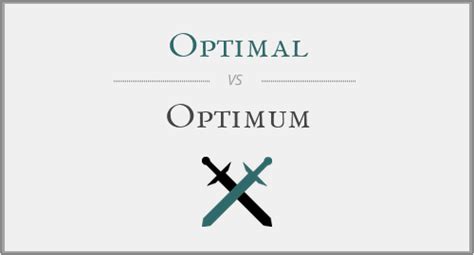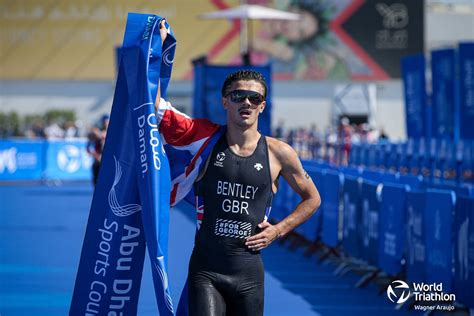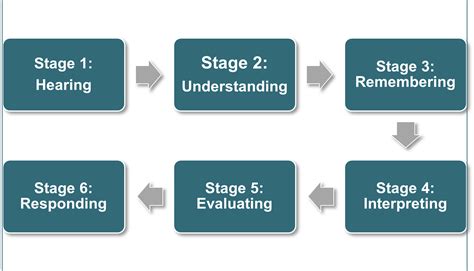Optimal workout recovery for men’s peak performance & faster gains?

Why Recovery is the Unsung Hero of Men’s Fitness
For many men, the focus in the gym is often on the intensity of the workout itself – lifting heavier, running faster, pushing harder. While training hard is undeniably crucial for progress, the secret weapon for unlocking peak performance, accelerating muscle growth, and achieving faster gains often lies not in what you do during the workout, but in what you do after. Optimal recovery is not merely rest; it’s an active, strategic process that allows your body to repair, adapt, and grow stronger.
Neglecting recovery can lead to plateaus, increased injury risk, chronic fatigue, and even hinder your hormonal balance. This article will break down the critical components of a robust recovery strategy tailored for men aiming to maximize their physical potential.
The Pillars of Optimal Recovery for Men
1. Prioritize Quality Sleep
Sleep is arguably the single most powerful recovery tool at your disposal. During deep sleep cycles, your body produces the majority of its Human Growth Hormone (HGH), which is vital for muscle repair and growth. Adequate sleep (7-9 hours for most men) also reduces cortisol (stress hormone) levels, improves testosterone production, and enhances cognitive function, all of which contribute to better performance and faster recovery.
Establish a consistent sleep schedule, create a dark and cool sleep environment, and limit screen time before bed to optimize your sleep quality.

2. Fuel Your Body Strategically: Nutrition is Key
What you eat directly impacts your body’s ability to recover and rebuild. Post-workout nutrition is critical for replenishing glycogen stores (energy) and providing the necessary building blocks for muscle protein synthesis.
- Protein: Aim for 1.6-2.2 grams of protein per kilogram of body weight daily, spread throughout the day. Prioritize lean sources like chicken, fish, lean beef, eggs, and dairy.
- Carbohydrates: Don’t fear carbs! They are essential for refilling glycogen stores depleted during intense workouts. Opt for complex carbohydrates like oats, brown rice, sweet potatoes, and whole grains.
- Healthy Fats: Crucial for hormone production and overall health. Include sources like avocados, nuts, seeds, and olive oil.
3. Master Hydration for Performance & Repair
Water constitutes a significant portion of your muscle tissue and plays a vital role in nutrient transport, temperature regulation, and joint lubrication. Dehydration can severely impair performance, hinder recovery, and increase the risk of muscle cramps and fatigue.
Aim to drink at least 3-4 liters of water daily, increasing intake during and after workouts. Consider adding electrolytes if you’re training intensely or in hot environments to replenish lost minerals.

4. Embrace Active Recovery & Mobility Work
While complete rest days are important, active recovery can significantly enhance blood flow, reduce muscle soreness, and improve flexibility. Light activities like walking, cycling, or swimming help flush out metabolic byproducts and deliver fresh nutrients to working muscles.
Incorporate regular mobility work – stretching, foam rolling, and dynamic warm-ups – to improve range of motion, prevent stiffness, and reduce injury risk. This allows for better movement patterns during your next heavy lifting session.
5. Optimize Supplementation (Wisely)
Supplements are just that – supplemental. They complement a solid nutrition and recovery plan, but don’t replace it. For men looking for an edge, consider:
- Whey Protein: Convenient for meeting daily protein targets, especially post-workout.
- Creatine Monohydrate: Proven to increase strength, power, and muscle mass.
- Omega-3 Fish Oil: Supports joint health and reduces inflammation.
- Vitamin D & Magnesium: Common deficiencies that can impact hormone levels, sleep, and muscle function.

6. Manage Stress and Mental Well-being
Chronic stress, whether from work, personal life, or overtraining, elevates cortisol levels. High cortisol can break down muscle tissue, hinder fat loss, and negatively impact testosterone. Integrating stress-reduction techniques into your routine is crucial.
Practices like meditation, deep breathing exercises, spending time in nature, or engaging in hobbies can significantly lower stress and promote better overall recovery and well-being.

7. Listen to Your Body & Implement Deloads
Your body provides constant feedback. Pay attention to persistent fatigue, prolonged muscle soreness, decreased performance, or irritability – these are signs of overtraining or insufficient recovery. Don’t be afraid to take an extra rest day or implement a deload week where you significantly reduce volume and intensity.
Learning to listen to your body and adjust your training and recovery accordingly is a sign of intelligent training, not weakness. It ensures long-term progress and prevents burnout.

Conclusion: Consistency is Key
Optimal workout recovery isn’t a one-time fix; it’s a consistent, integrated approach that complements your training efforts. By prioritizing quality sleep, strategic nutrition, consistent hydration, active recovery, intelligent supplementation, and stress management, men can significantly enhance their physical capabilities. Embrace these recovery strategies, and you’ll not only break through plateaus but also achieve peak performance and faster, more sustainable gains in your fitness journey.







